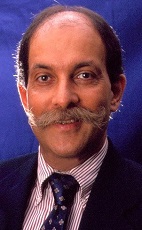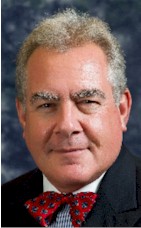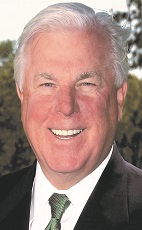
In the 1990's, I interviewed several futurists who, amongst other predictions, anticipated the omnipresence of robots in the workforce. In 2001 (unrelated to Stanley Kubrick's 2001: A Space Odyssey), I spoke at a butler convention about a convergence of "hominids" (humans) and robots: the robots becoming more human and the humans becoming more robotic-and warned that this did not augur (signal) well for humans who preferred superior service. Hospitality, basic definition is friendly, which comes from an Indo-European root word meaning love. Met any friendly robots recently, ones who expressed their heartfelt love? Or for that matter, from staff who lack passion for service? READ MORE





.jpg?w=70)












